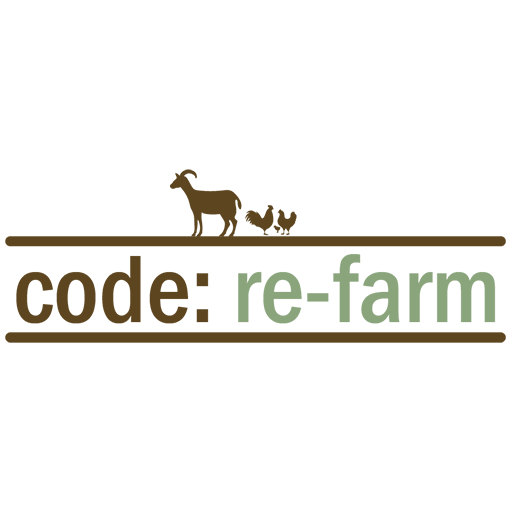
Intensive livestock production systems (ILPS) are growing fast to satisfy demand. However, there is public scepticism about intensification in livestock production driven primarily by adverse links to environmental aspects and sustainable utilization of natural resources. Moreover, ILPS are perceived as being detrimental to animal health & welfare and may potentially undermine the quality of derived products.
Intensive livestock production systems (ILPS) are growing fast to satisfy demand. However, there is public scepticism about intensification in livestock production driven primarily by adverse links to environmental aspects and sustainable utilization of natural resources. Moreover, ILPS are perceived as being detrimental to animal health & welfare and may potentially undermine the quality of derived products. Extensive livestock production systems are low-input systems which are critical to support the development of rural communities. However, economic sustainability of such systems is often questioned as they are challenged by natural resource limitations, adverse climatic conditions and diseases. Products from extensive systems are considered of superior quality, but their resource-limited environment undermines their safety. Understanding key strengths & weaknesses of different farming systems is crucial for sustainable production and delivery of quality products. Therefore, strategic planning and a profitability analysis considering the system-oriented challenges and the added-value resulting from consumer-driven demands and niche products are necessary. Dairy cattle and swine production are the most significant livestock sectors in Europe. However, our proposal will take a different approach. When compared to cattle & swine production, both poultry and goat production systems are more resilient, sustainable and adaptable to change.Code:Re-Farm focuses on poultry & goat production systems with the goal of understanding the links between husbandry systems and intrinsic quality of derived products. Novel technologies will be exploited for assessing the intrinsic quality of products along the value chain (Product Lifecycle Monitoring), farm to fork,. The insights from this assessment, combined with insights on societal demands and sustainability of production processes will drive alternative solutions that fit sustainable, consumer-driven business.
CyRIC is the project Coordinator, responsible for the overall project management and the communication with the EC. From a technical point of view, CyRIC is responsible for: a) the development of the portable device for eggs quality analysis, based on bio-photonics technologies, b) development of alternative business models for goat farmers, c) dissemination & exploitation of project results.